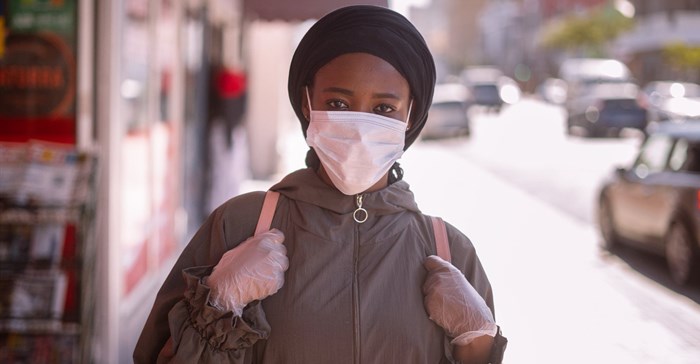
Related
Top stories


ESG & Sustainability#BudgetSpeech2026: SRD grant unchanged, other Sassa social grants see hike
9 hours



More news












ESG & Sustainability
South Africa’s carbon tax should stay: climate scientists explain why










So here we are, on what feels like day 7,020,013 of lockdown. Our country and the world is going through arguably one of the biggest seismic shifts of society (try say that three times fast) we’ve ever faced. And the one thing we can be sure of is that nothing will ever be the same again.
Crazy times have long, far-reaching, deep societal impacts. History shows that these are mostly for the better because the result is a change in behaviour. And not just for now, forever. New fears are drummed into our heads, and we respond in a bold manner. New businesses are formed, and old ones die off. It’s the way of the world.
On 10 September 2001 – you could walk up to an airline counter, buy a ticket with no ID, walk straight through to the gate, get on a plane, pop into the cockpit to say hi to the captain, and within reason do what you wanted. Post-September 11 the whole world changed. Now we hold fears and precautions we never envisioned of before. We changed our travel behaviour. I would argue that travel today is safer and better than it ever was before. But how, where and when we travel fundamentally changed since that fateful day.
Remember 2009? Life was hunky-dory when without notice the lights went out across the country. South Africans learnt a new term called “load shedding” and it has been a hot topic for the past 11 years and will be for some time to come. The interesting change in behaviour we saw was that we became aware of a finite supply of electricity. In 2019 – South Africans used less electricity than they did in 2009. We learnt how to cope with less. Generators became a standard, and many new businesses and industries popped up.
In Cape Town 2016 a monumental drought changed a province. I don’t have access to any stats, but would imagine that water consumption in 2019 would be drastically lower than what it was in let’s say 2014. Capetonians are now deeply water-aware as a result of this crisis.
What does this all mean? Crazy times, change behaviour. Forever.
Now here is the interesting part. What behaviours will change? I suspect we can all look at our individual industries and identify a few.
The list could carry on for ages. Take your pick. Commercial property will never be the same, neither will hospitals, or how governments operate and I do believe we will see a spike in conservative nationalism.
Time will tell, but for those making business plans for the future, know that all bets are off.
The consumer will be different. The world will be vastly different. That presents a threat and also a massive opportunity. Stay light on your feet, keep adapting and offering value, and the world post-Covid-19 might well be your oyster.
